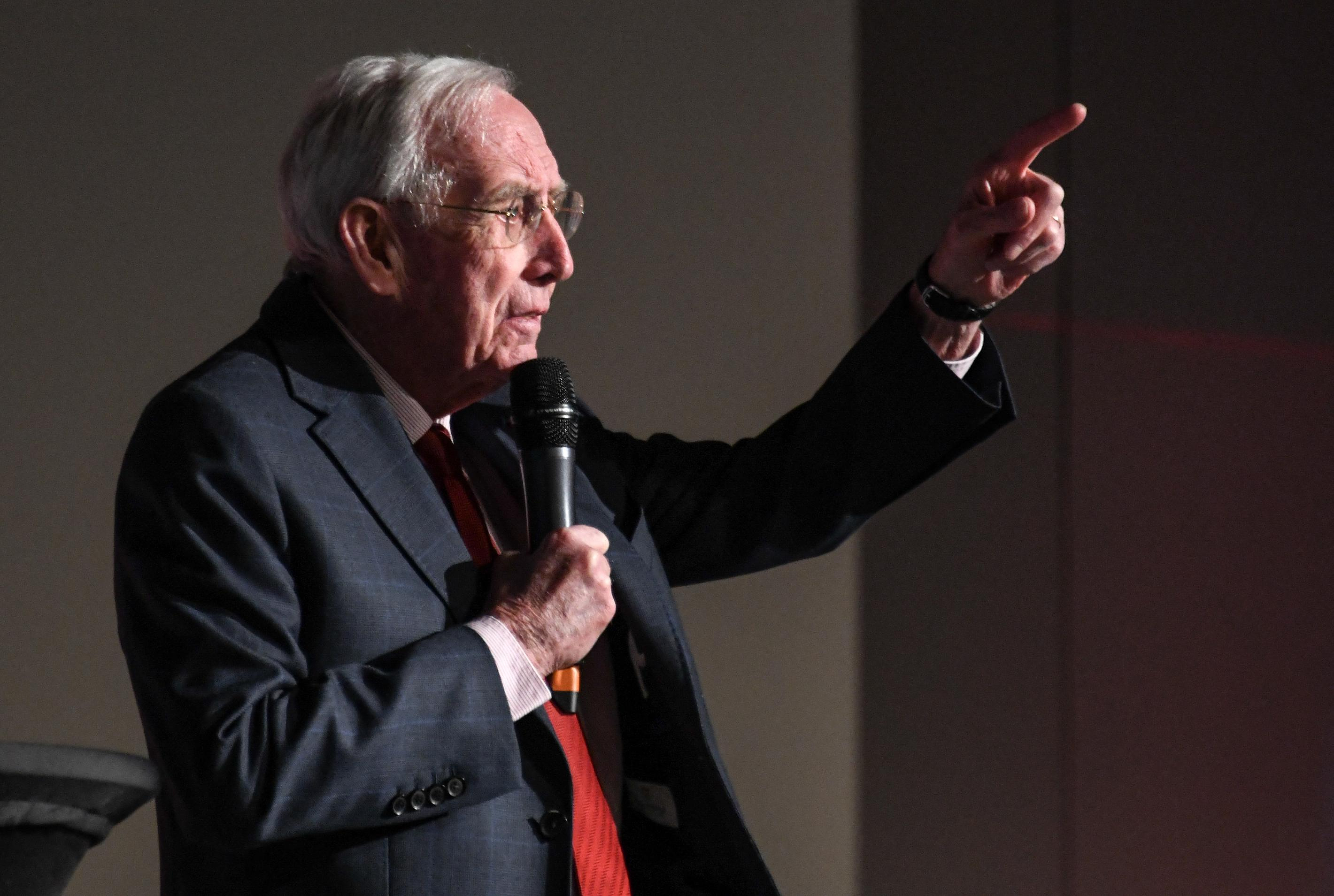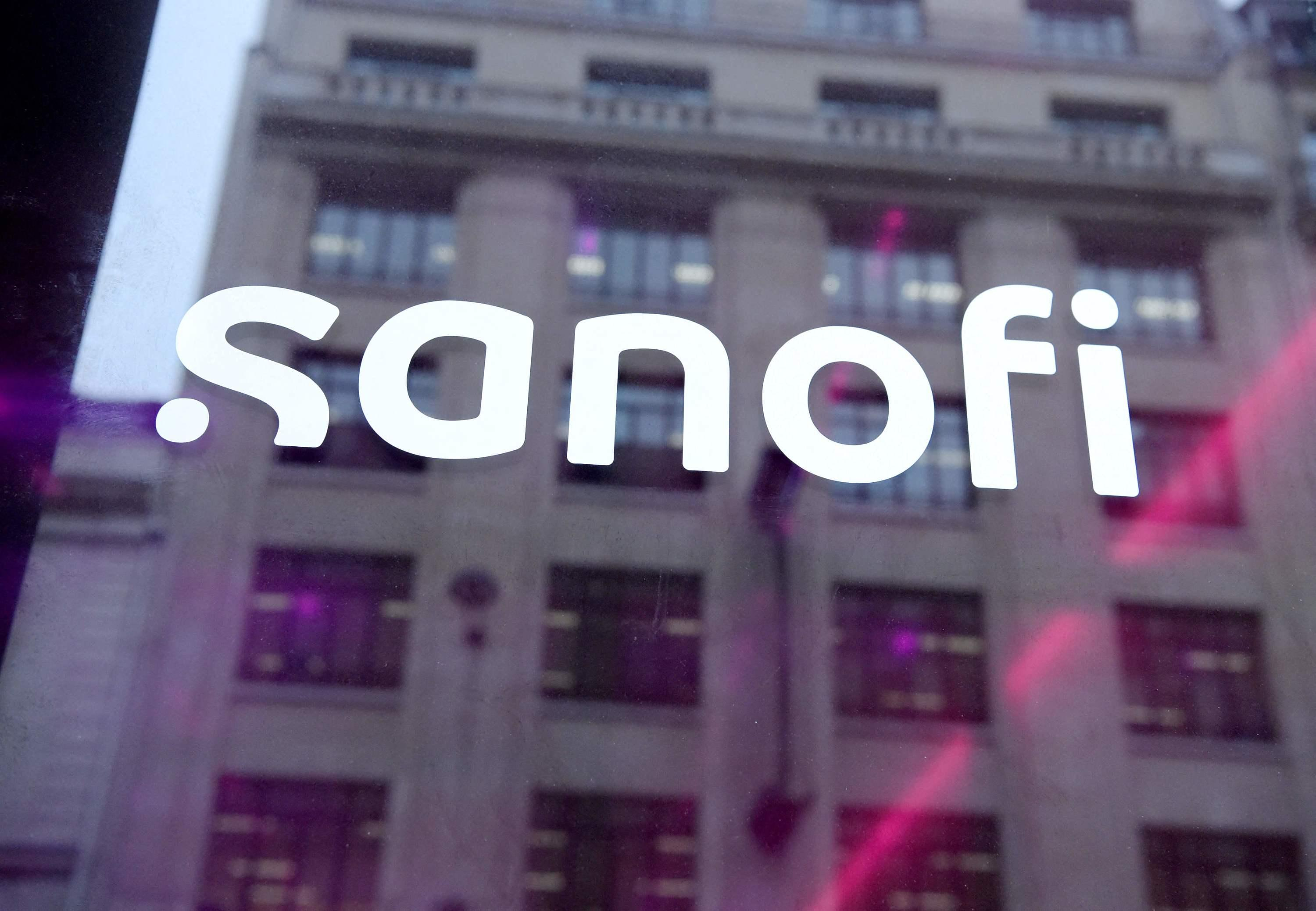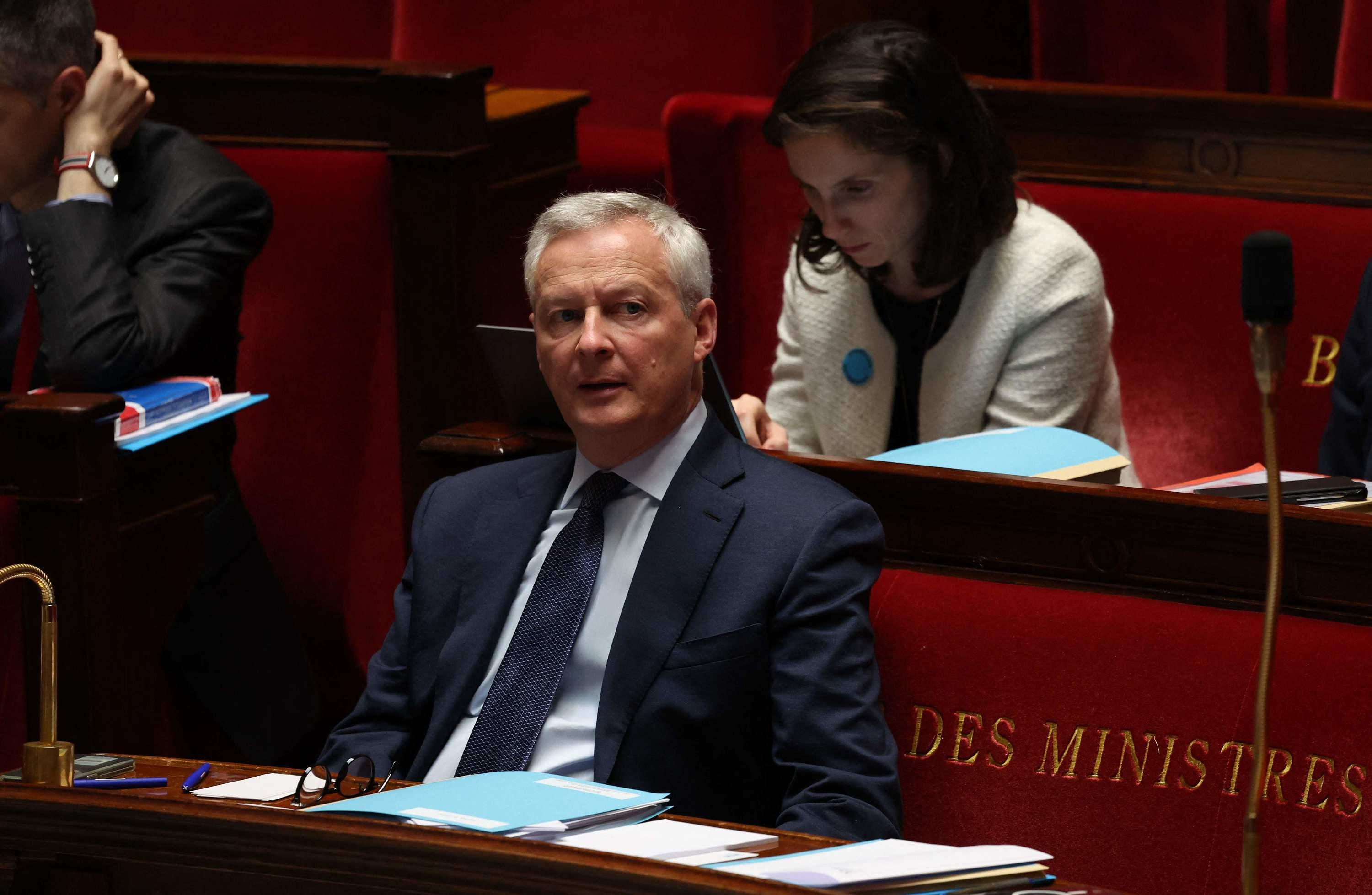Facebook and Instagram will block access to posts from Canadian media outlets, their parent company Meta said in response to a just-passed law that forces internet giants to pay to carry local media content. “Today, we confirm that news content will no longer be available on Facebook and Instagram for all users in Canada,” Meta said in a statement, noting that it had warned “repeatedly” that this action would be taken.
“If the government cannot defend Canadians against the giants of the web, who will?” Reacted the Minister of Heritage Pablo Rodriguez. Facebook had “no obligation” to cut off this access, as the law had not yet formally entered into force, he added. The minister's office also stressed that he had "met with Facebook and Google this week" and remained open to further discussions.
The new law requires digital giants to enter into fair trade agreements with Canadian media for publications shared on their platforms, or risk having to resort to binding arbitration. Last month, Prime Minister Justin Trudeau slammed Meta for blocking some Canadians' access to online information during tests, saying the company was 'deeply irresponsible and out of touch' by refusing to pay journalists for their work. . His opposition to the bill, he said, is "wrong (and) dangerous to our democracy and our economy."
In recent months, Meta and Google have said they are testing a small portion of the Canadian population, restricting their access to news sites. The new law, strongly criticized by the two giants of Silicon Valley, aims to support the information sector in Canada which, according to the minister, is “in crisis”.
Google spokeswoman Jenn Crider said the company is "doing everything to avoid an outcome that no one wants" and is seeking to work with the government "to move forward". The web giant has proposed amendments to the text but Jenn Crider said Thursday that “so far, none of our concerns have been taken into account”. More than 450 Canadian news outlets have closed since 2008, according to the Department of Heritage.
This bill is inspired by the one adopted in 2021 by Australia, the first of its kind in the world. The text was easily adopted after Facebook and Google reached agreements to avoid being subject to binding arbitration. Faced with the same situation, the European Union introduced in 2019 a "neighboring right" which should allow the remuneration of press publishers for the content used by online platforms. After reluctantly, Google signed agreements with French newspapers in November, a world first. AFP signed an agreement with Google at the end of 2021 which remunerates the agency for five years for its content presented by the American giant, as well as two commercial contracts, also for a period of five years.

 Ukraine has lost 10 million inhabitants since 2001... and could lose as many by 2050
Ukraine has lost 10 million inhabitants since 2001... and could lose as many by 2050 Russia: schools will train children to use drones at the start of the school year
Russia: schools will train children to use drones at the start of the school year Austria: incestuous torturer Josef Fritzl, nicknamed the “national monster”, could soon be released
Austria: incestuous torturer Josef Fritzl, nicknamed the “national monster”, could soon be released An airline continues to treat a centenarian as a one-year-old baby
An airline continues to treat a centenarian as a one-year-old baby Sánchez cancels his agenda and considers resigning: "I need to stop and reflect"
Sánchez cancels his agenda and considers resigning: "I need to stop and reflect" The Federal Committee of the PSOE interrupts the event to take to the streets with the militants
The Federal Committee of the PSOE interrupts the event to take to the streets with the militants Repsol: "We want to lead generative AI to guarantee its benefits and avoid risks"
Repsol: "We want to lead generative AI to guarantee its benefits and avoid risks" Osteoarthritis: an innovation to improve its management
Osteoarthritis: an innovation to improve its management The French will take advantage of the May bridges to explore France
The French will take advantage of the May bridges to explore France Organic flour contaminated by a recalled toxic plant
Organic flour contaminated by a recalled toxic plant 2024 Olympics: Parisian garbage collectors have filed a strike notice
2024 Olympics: Parisian garbage collectors have filed a strike notice Controversial free trade deal between EU and New Zealand comes into force this Wednesday
Controversial free trade deal between EU and New Zealand comes into force this Wednesday Lang Lang, the most French of Chinese pianists
Lang Lang, the most French of Chinese pianists Author of the “New York Trilogy”, American novelist Paul Auster has died at the age of 77
Author of the “New York Trilogy”, American novelist Paul Auster has died at the age of 77 To the End of the World, The Stolen Painting, Border Line... Films to watch this week
To the End of the World, The Stolen Painting, Border Line... Films to watch this week Omar Sy on all cultural fronts
Omar Sy on all cultural fronts Omoda 7, another Chinese car that could be manufactured in Spain
Omoda 7, another Chinese car that could be manufactured in Spain BYD chooses CA Auto Bank as financial partner in Spain
BYD chooses CA Auto Bank as financial partner in Spain Tesla and Baidu sign key agreement to boost development of autonomous driving
Tesla and Baidu sign key agreement to boost development of autonomous driving Skoda Kodiaq 2024: a 'beast' plug-in hybrid SUV
Skoda Kodiaq 2024: a 'beast' plug-in hybrid SUV The home mortgage firm rises 3.8% in February and the average interest moderates to 3.33%
The home mortgage firm rises 3.8% in February and the average interest moderates to 3.33% This is how housing prices have changed in Spain in the last decade
This is how housing prices have changed in Spain in the last decade The home mortgage firm drops 10% in January and interest soars to 3.46%
The home mortgage firm drops 10% in January and interest soars to 3.46% The jewel of the Rocío de Nagüeles urbanization: a dream villa in Marbella
The jewel of the Rocío de Nagüeles urbanization: a dream villa in Marbella Europeans: a senior official on the National Rally list
Europeans: a senior official on the National Rally list Blockade of Sciences Po: the right denounces a “drift”, the government charges the rebels
Blockade of Sciences Po: the right denounces a “drift”, the government charges the rebels Even on a mission for NATO, the Charles-de-Gaulle remains under French control, Lecornu responds to Mélenchon
Even on a mission for NATO, the Charles-de-Gaulle remains under French control, Lecornu responds to Mélenchon “Deadly Europe”, “economic decline”, immigration… What to remember from Emmanuel Macron’s speech at the Sorbonne
“Deadly Europe”, “economic decline”, immigration… What to remember from Emmanuel Macron’s speech at the Sorbonne These French cities that will boycott the World Cup in Qatar
These French cities that will boycott the World Cup in Qatar NBA: with 46 points, Maxey saves Philadelphia single-handedly
NBA: with 46 points, Maxey saves Philadelphia single-handedly Tennis: a Nadal-Alcaraz double at the 2024 Olympics? “If all goes well, yes,” replies the cadet
Tennis: a Nadal-Alcaraz double at the 2024 Olympics? “If all goes well, yes,” replies the cadet Tennis: “Actually it was a joke, I’ll come back next year!”, Nadal bids farewell to Madrid with humor and emotion
Tennis: “Actually it was a joke, I’ll come back next year!”, Nadal bids farewell to Madrid with humor and emotion Bayern Munich-Real Madrid: “Everything is still in our hands”, welcomes Manuel Neuer
Bayern Munich-Real Madrid: “Everything is still in our hands”, welcomes Manuel Neuer
















